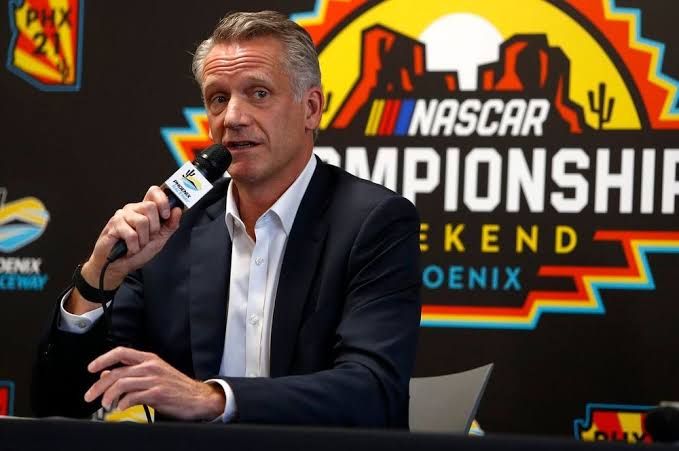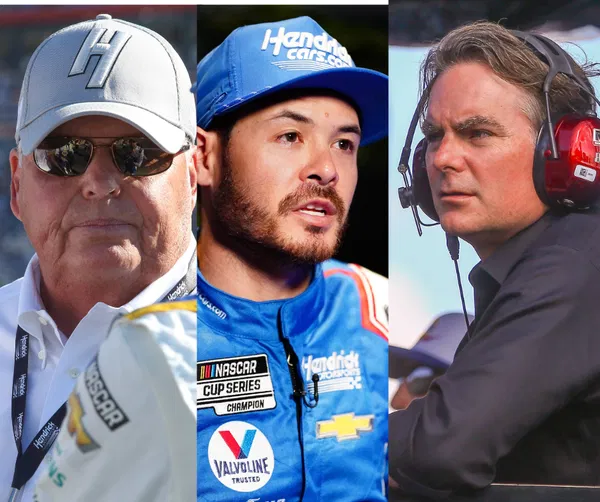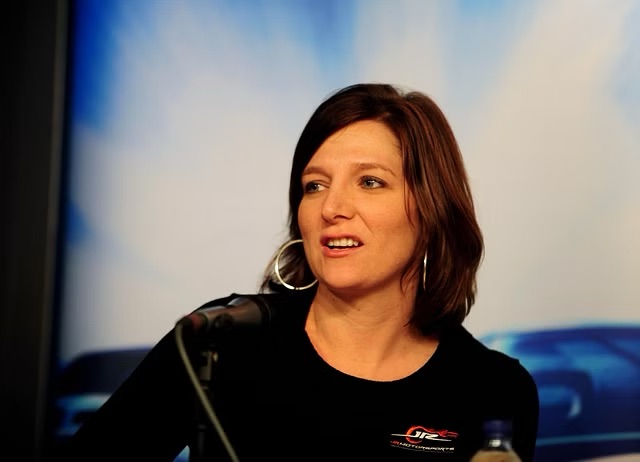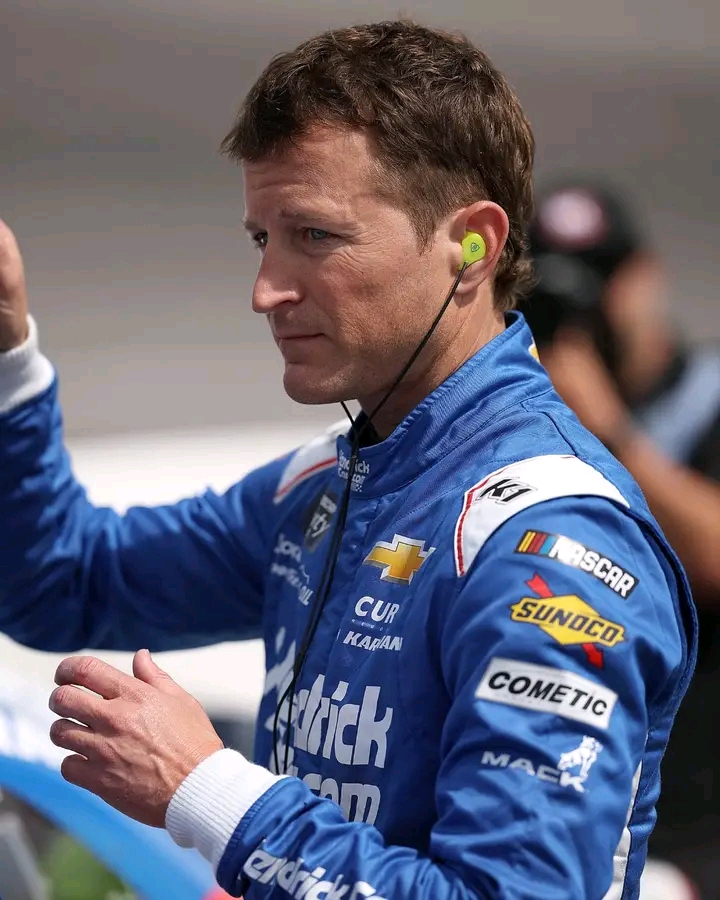
NASCAR has announced a new charter agreement set to run from 2025 to 2031 after two years of intense negotiations with Cup Series teams. While 13 of the 15 participating teams have agreed to the terms, others, including 23XI Racing and Front Row Motorsports, have rejected the deal and initiated legal action against NASCAR, alleging antitrust violations.
The charter system, introduced in 2016, replaced the points-based model to ensure team participation and provide a share of race purses. However, this latest round of negotiations highlighted significant challenges, particularly NASCAR’s refusal to make charters permanent like licenses in other professional sports leagues. Under the current system, NASCAR retains the authority to revoke a charter if a team underperforms for three consecutive years or fails to consistently field cars. This provision has created uncertainty for teams considering long-term investments.
NASCAR President Steve Phelps defended the charter system despite criticism. Speaking to The Athletic, he said:
“There was a lot of dialogue and negotiation with our race teams. The new charter agreement starting in 2025 has elements teams appreciate and others they don’t, just as there are aspects NASCAR likes and others we find challenging. That’s the nature of negotiation. Ultimately, we reached an agreement designed to move the sport forward positively. I believe the charter system is critical to NASCAR’s growth.”
However, not all stakeholders share Phelps’ confidence. The lawsuit filed by 23XI Racing and Front Row Motorsports accuses NASCAR of monopolistic practices, with particular emphasis on revenue distribution and media rights. Teams have long pushed for a greater share of revenues, and while NASCAR proposed increasing their portion from 39% to 42%, dissatisfaction remains, especially among teams like 23XI Racing.
Phelps emphasized the competitive success of the charter system, citing examples like Carson Hocevar’s strong performances with Spire Motorsports, a team not traditionally seen as a frontrunner. He added:
“The charter system fosters healthy teams and competition. As we prepare for 2024 with the 13 teams under charter, we’ve initiated discussions with all teams to strengthen collaboration. I’m confident this will lead to profitability and marketability for teams, ultimately benefiting the sport’s growth. While we’d prefer all 36 charters to be signed, litigation is part of the current reality, and we are defending ourselves vigorously.”
Despite these challenges, NASCAR remains committed to the charter system, seeing it as essential to the sport’s future.




